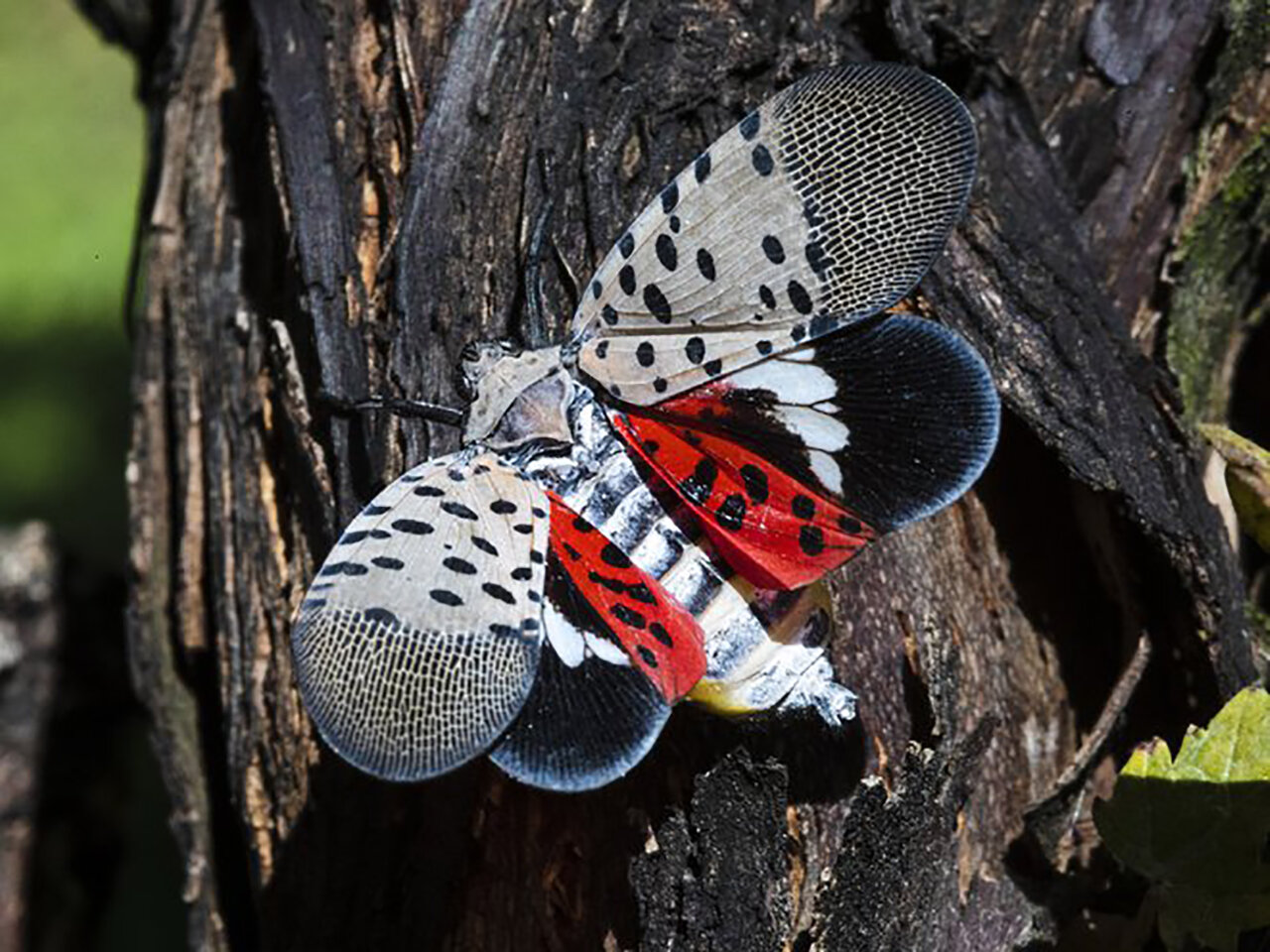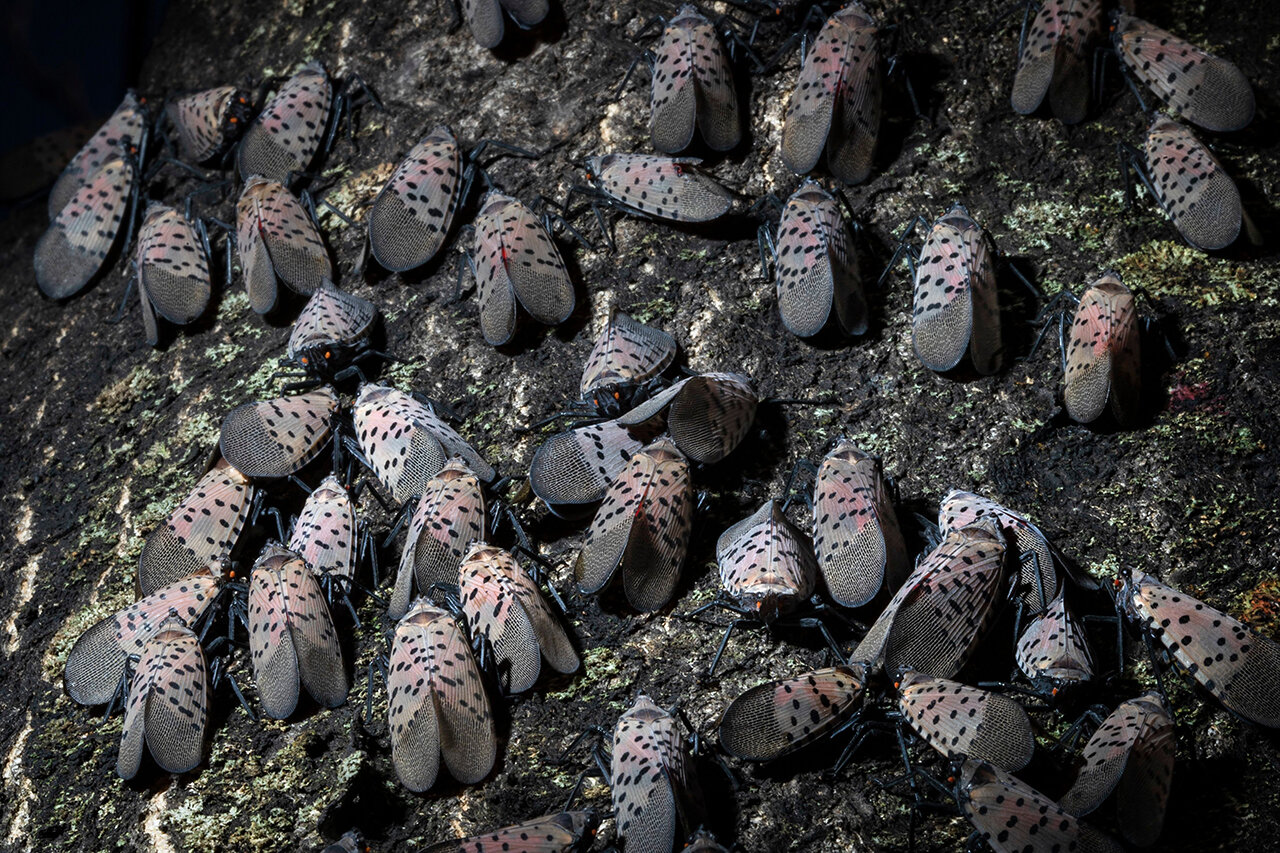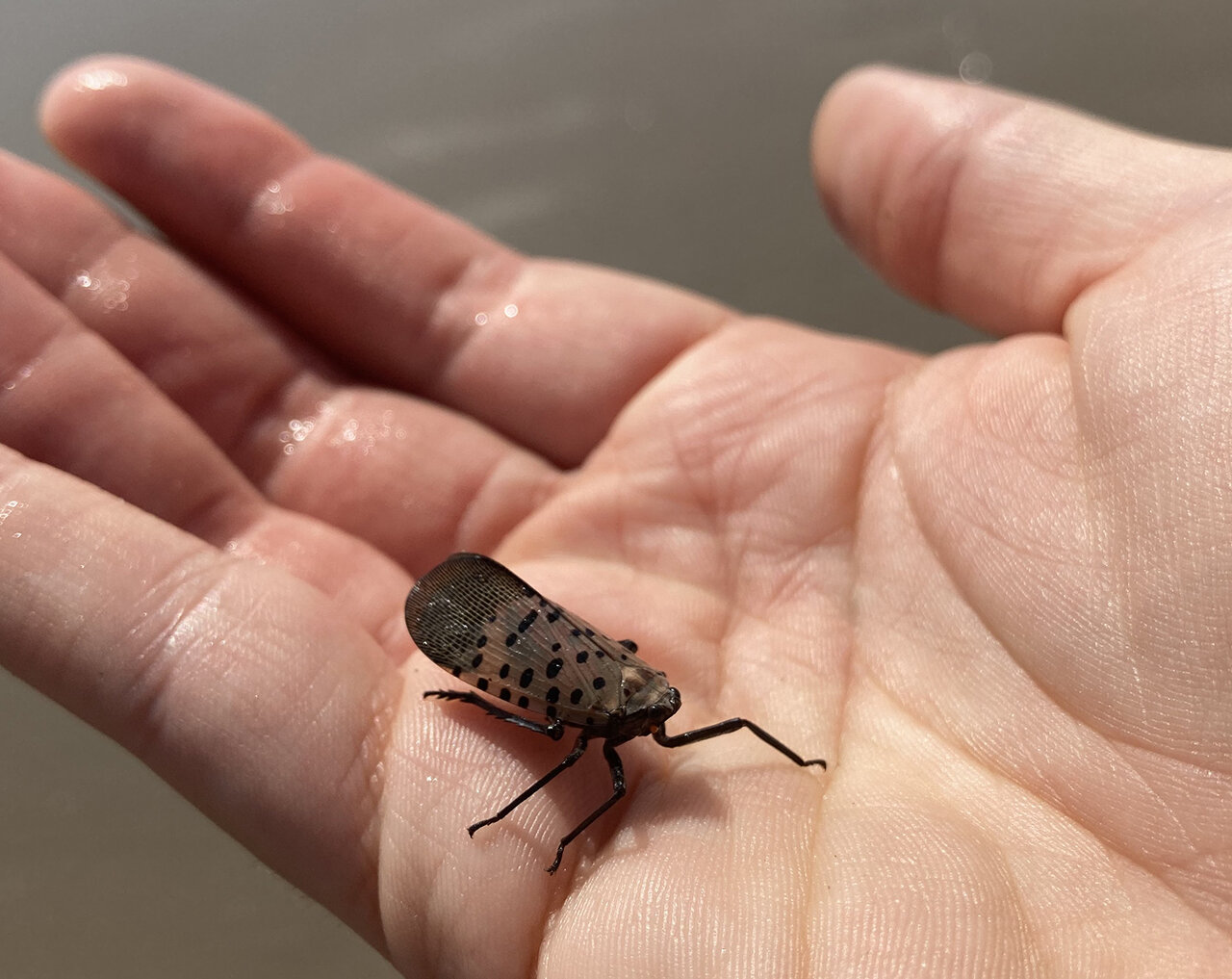Be warned... the Pennsylvania Lanternfly is slowly making its way to New York City.
There is no clearer way to say this, but if you see a Spotted Lanternfly, you are absolutely to destroy it.
This invasive pest is a serious PLANT HOPPER, and good thing it cannot actually fly too far and does not cause a direct threat to us but it can be destructive to our surroundings and quality of life. They love to infest trees and are considered a threat to a wide range of agricultural crops.
This bright spotted destroyer has been lurking around the entire state according to the NYS Department of Environmental Conservation, “it could impact New York's forest as well as the agricultural and tourism industries." Alejandro Calixto, director of the New York State Integrated Pest Management program at Cornell University warmed. "Once these insects reach some of the state's grape production areas, there's going to be an impact." The same goes for walnut, hops, apples, blueberries, and stone fruits.
These spotted lanternflies were first discovered in Pennsylvania in 2014. There has been a growing population ever since over the last few years. The first-ever documented infestation in the five boroughs was just last year on Staten Island; this is also when the species was first discovered in New York.
This year, New Yorkers are spotting them everywhere from their UPPER WEST SIDE balconies to Brooklyn's beaches and to their beloved houseplants.
The Spotted Lanternfly is said to have originally arrived in the U.S. as egg masses attached to a shipment of stone," and has quickly spread ever since. In 2018, Chuck Schumer warned that they could be traveling via CHRISTMAS TREES, as well.
It has just been recorded that the SPOTTED LANTERNFLY has been seen at the Central Park Pool. If you see it, KILL IT. New Yorkers should report findings in the city's parks by emailing Forest.Health@parks.nyc.gov. Please also report the findings to the NYS Department of Agriculture and Markets here. Include photos too if you can.
The NYS Department of Agriculture says they are not collecting additional specimens at this time, and ask that if you have one in your possession, "you please freeze, squish, and dispose of it."















